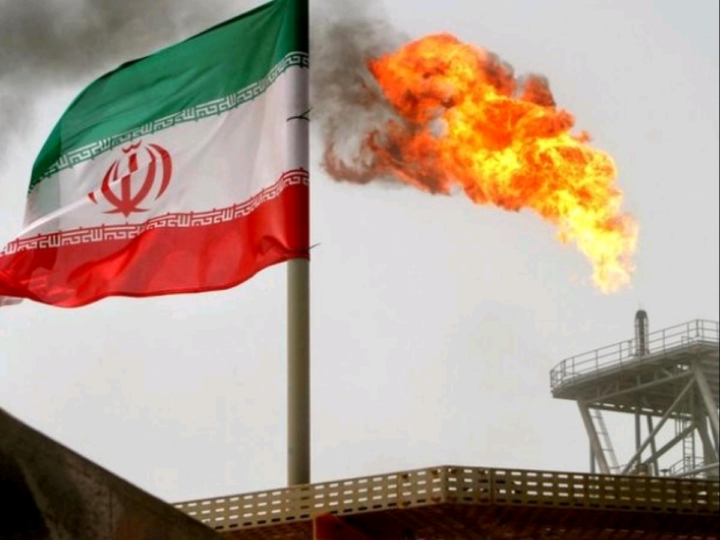Iraq hosts a regional conference Saturday aimed at easing tensions in the Middle East and emphasising the Arab country’s new role as mediator.

Among the invitees are archenemies Iran and Saudi Arabia, whose rivalry has often played out in Iraq and other countries, including Yemen and Lebanon. Saudi Arabia has said it would be represented by its foreign minister, Prince Faisal bin Farhan. It was not clear what kind of representation Iran would have at the conference.
Egyptian President Abdel Fattah el-Sissi and Jordan’s King Abdullah were expected to participate, as well as French President Emmanuel Macron, who arrived in Baghdad early Sunday. France is co-organising the meeting, which is expected to discuss a regional water crisis, the war in Yemen and a severe economic and political crisis in Lebanon that has brought the country to the point of collapse.
Sunday’s meeting is a chance for Iraqi Prime Minister Mustafa al-Kadhimi to showcase his recent efforts to portray Iraq as a neutral mediator in the region’s crises and re-engage with the world after decades of conflict.
Earlier this year, the country hosted several rounds of direct talks between regional rivals Saudi Arabia and Iran, with mid-level officials discussing issues related to Yemen and Lebanon, according to Iraqi officials. The talks signaled a possible de-escalation following years of animosity that often spilled into neighbouring countries and at least one still-raging war.
The talks, while significant, fell short of a breakthrough in relations given the deep strains, historic rivalry and continued sporadic attacks on Saudi oil targets by Iran-backed Houthis from Yemen.
There has been talk, however, of the potential for Saudi Arabia to reopen its embassy in Tehran, which was ransacked and shuttered following outrage over the execution of a prominent Saudi Shiite cleric in early 2016.
Saudi Arabia and other Arab Gulf states like the United Arab Emirates have called for any nuclear agreement between world powers and Iran to also address its ballistic missile program and support for militias.
Saudi Arabia has sought talks with Iran as the kingdom tries to end its years-long war in Yemen against Iran-backed Houthi rebels. Tehran, meanwhile, appears to have calculated that a gradual detente with Riyadh, a longtime US ally, will work in its favour during renewed nuclear talks with Washington and world powers.
For Iraq, hosting the talks is seen as a significant step. After decades of conflict, the country is seeking to reclaim a leadership role and status in the Arab world with a centrist policy and a determination among the country’s top leaders to maintain good relations with both Iran and the United States and its regional allies.
The Shiite-majority country lies on the fault line between Shiite Iran and the mostly Sunni Arab world, led by powerhouse Saudi Arabia, and has long been a theater in which Saudi-Iran rivalry for regional supremacy played out.
Support InfoStride News' Credible Journalism: Only credible journalism can guarantee a fair, accountable and transparent society, including democracy and government. It involves a lot of efforts and money. We need your support. Click here to Donate
